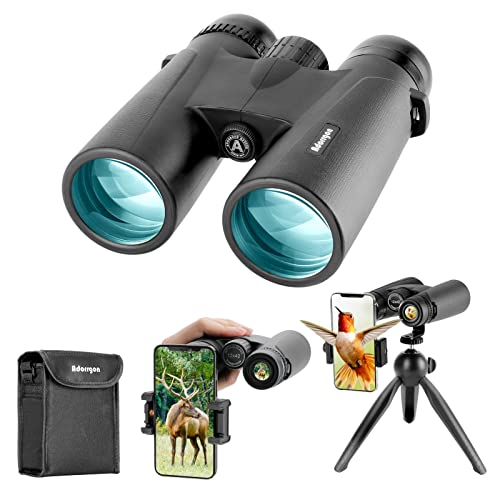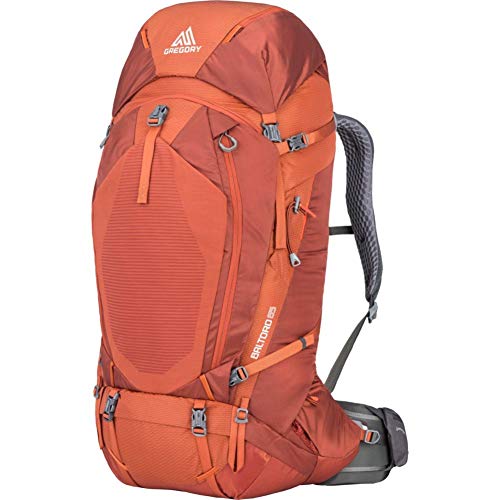The Best Camping Tents for Your Picnics of 2024
Overview
A tent is required for camping because it serves as a shelter for you and your family. Your camping trip will be more comfortable and secure thanks to the tent. It represents a fantastic outdoor adventure. Your camping trip will most likely be miserable if you don't bring a tent.
On your vacation, the appropriate camping tent can make all the difference. If you're looking for a new tent, you'll quickly discover that there are many options available. There are so many tents on the market that deciding which one will best suit your needs might be difficult. We spent a lot of time studying and testing to come up with this selection of the best of the best.
If you're in a rush, check out this fast selection of our favorites, or scroll down to read our full list with an in-depth buying guide.
Top Picks
-
Best Overall: Coleman Sundome Camping Tent
-
Best Budget: Ciays Camping Tent
-
Best Premium: WHITEDUCK Regatta Canvas Bell Tent
-
Best Cabin Tent: Coleman Cabin Tent
-
Best for Water Resistance: Wenzel Klondike Tent
-
Most Capacious: Core 9 Person Extended Dome Tent
-
Best for Family: Coleman Camping Tent 8 Person
Buying Guide
When looking for the finest camping tents, there are a few things to keep in mind:
We looked at various features to help you pick which tent is ideal for you. For some campers, each of these is more important than others. Consider when, where, and with whom you'll be using your tent.
1. Comfort
This was perhaps the most important category because comfort is perhaps the most important aspect of the camping experience. The level of comfort provided by a tent is determined by human preference and priorities.
We looked at airflow, door and window placement, floor area, and peak height to determine comfort. The doors and windows are also noteworthy. A tent with numerous entrances may accommodate more people, and windows give ventilation as well as views.
2. Weatherproofing
This is one of the most compelling reasons to invest in a tent. Basic tents are great in nice weather and can even take in light rain and wind. It's worth saving up for a more durable tent if you want to camp during storms. Stronger poles, full rain coverings, and sealed seams are all features of premium tents. Things like this appear insignificant until you're caught in the middle of an incredible storm in the confines of your tent.
Hot and cold day alternatives, rainfly coverage, how aerodynamic the tent is, stake and pole quality, and guylines are all important factors to consider when it comes to weather resistance.
3. Ease of Assemble
It's no surprise that some camping tents are difficult to set up due to their size. The majority of today's camping tents should take no more than 15 minutes to put together, with many taking less than that. When you can set up a tent without any assistance, it's a huge plus. Finally, we looked at how easy it is to pack up these tents once your journey is over.
4. Durability
We looked at the materials used for the tent floor, canopy, and rainfly, as well as the poles, to see how long they would last. Materials for the tent, fly, poles, and stakes should all be considered.
Tight, clean stitching and taped seams, strong reinforced zippers, and a well-designed rain fly are all things to look for. Get a footprint or use a tarp if your tent doesn't come with one.
The tent's overall craftsmanship is equally significant. It should feature high-quality seams and stitching, as well as pressure-resistant pole clips and other accessories.
FAQs
1. Can you sleep in a tent in the winter?
Use appropriate winter camping equipment: A strong tent, a warm sleeping bag, two sleeping mats, and a cold-weather stove are all required.
2. Is a canvas tent warmer?
The canvas tent is more expensive than the nylon tent, but the canvas keeps it warmer inside throughout the winter. Nylon is more effective than canvas at transferring heat. To put it another way, the heat within your tent may circulate for longer without being chilled by the cold outside.
3. What size tent do I need for camping?
A typical rule of thumb is to deduct two people from each tent's capacity rating. For example, if you plan on sleeping a family of four in your tent, a 6-person tent is generally a reasonable choice.
Final Thoughts
Camping requires a lot of gear because you're effectively setting up a home away from home. Tents are usually your most expensive investment, so think about it carefully. We hope this advice assists you in locating the ideal equipment for your requirements. Have a good camping trip!








